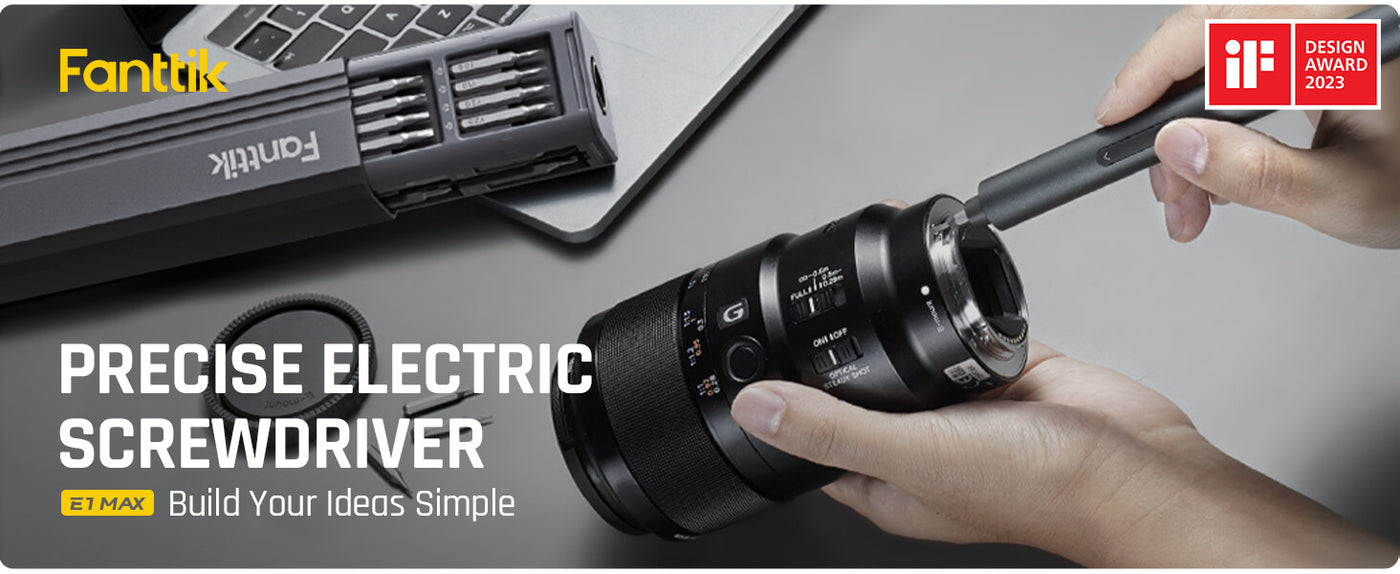Elevating Efficiency: How Electric Screwdrivers Revolutionize Industrial Assembly Lines
Cuerpo
Industrial assembly lines have undergone a significant transformation with the introduction of electric screwdrivers. These powerful tools have revolutionized the manufacturing process, elevating efficiency to new heights. In this article, we will explore the impact of electric screwdrivers on industrial assembly lines and how they have become an indispensable tool for manufacturers worldwide.

Enhancing Speed and Accuracy
One of the key advantages of electric screwdrivers is their ability to enhance both speed and accuracy in the assembly process. Unlike manual screwdrivers, electric screwdrivers are powered by electricity, allowing for rapid and consistent screw fastening. This eliminates the need for manual effort, reducing the time required for each assembly task.
Moreover, electric screwdrivers are equipped with torque control mechanisms that ensure precise tightening of screws. This eliminates the risk of over-tightening or under-tightening, which can lead to product defects or failures. The ability to achieve consistent torque levels greatly improves the overall quality of the assembled products.
Reducing Fatigue and Increasing Productivity
Manual screwdriving can be a physically demanding task, leading to fatigue and decreased productivity. Electric screwdrivers alleviate this issue by minimizing the physical strain on assembly line workers. The ergonomic design and lightweight nature of these tools make them comfortable to use for extended periods.
By reducing fatigue, electric screwdrivers enable workers to maintain a higher level of productivity throughout their shifts. This translates into faster assembly line speeds and increased output. Manufacturers can meet higher production targets without compromising on quality.
Streamlining Operations and Ensuring Consistency
Electric screwdrivers offer manufacturers the ability to streamline their operations and ensure consistency in the assembly process. These tools can be integrated into automated assembly systems, allowing for seamless integration with other machinery and processes.
By automating the screw fastening process, manufacturers can achieve a higher level of consistency in the assembly line. Each screw is tightened with the same level of precision, eliminating variations that may occur with manual screwdriving. This consistency is crucial for industries where product quality and reliability are of utmost importance.
Improving Worker Safety
Worker safety is a top priority in any industrial setting. Electric screwdrivers contribute to a safer work environment by reducing the risk of repetitive strain injuries (RSIs) and accidents associated with manual screwdriving.
RSIs, such as carpal tunnel syndrome, can result from the repetitive motion and force required to tighten screws manually. Electric screwdrivers eliminate this risk by taking over the physical effort, allowing workers to focus on other critical tasks.
Furthermore, electric screwdrivers are equipped with safety features such as torque limiters and anti-slip mechanisms, which prevent overtightening and slippage. These features not only protect the workers but also ensure the integrity of the assembled products.
In conclusion, electric screwdrivers have revolutionized industrial assembly lines by elevating efficiency to unprecedented levels. Their ability to enhance speed, accuracy, and worker safety, while reducing fatigue and ensuring consistency, makes them an indispensable tool for manufacturers worldwide. By incorporating electric screwdrivers into their assembly processes, manufacturers can achieve higher productivity, improved product quality, and a safer work environment.






Comentarios